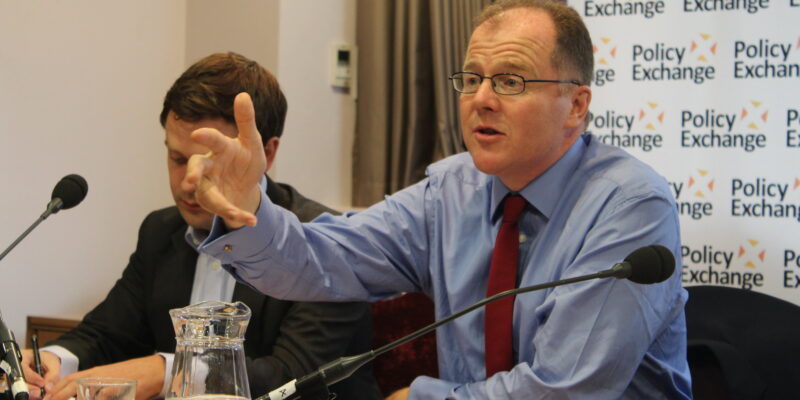Rwanda deportations: immoral AND illegal
Government suffers major defeat over its flagship Rwanda deportation policy. What happens now?

In a dramatic 2-1 majority decision, the Court of Appeal has ruled that Rwanda is not a ‘safe third country’ for the deportation of refugees that have arrived in the UK via the irregular cross-channel route. The decision is a major blow to Rishi Sunak’s pledge to “stop the boats” – one of five pledges he has made going into a likely 2024 election.
While the case was brought by 10 asylum seekers, as well as the UK charity, Asylum Aid, the decision was not a judgement on their individual cases. It concerned whether Rwanda could, in general, be considered a ‘safe third country’ for the removal and processing of the asylum claims of those that had arrived in the UK by an irregular route. As a result, the decision has thrown the policy into crisis. The government are now expected to appeal to the Supreme Court. In the meantime, no asylum seekers can be removed and have their claims ‘processed’ in Rwanda.
We already knew the policy was – and is – immoral. Now, the Courts have ruled it illegal.
What did the Court of Appeal majority say?
They concluded that there was a risk of ‘refoulement’, the forceable return of asylum seekers or refugees to a country where they are likely to face persecution; that there was insufficient evidence that Rwanda would fairly process and determine their asylum claims; and that sending asylum seekers there would breach Article 3 of the European Convention on Human Rights (ECHR), which prohibits torture, inhumane and degrading treatment.
The decision will not come as surprise for at least two reasons. The first is that Rwanda is an authoritarian, one-party state ruled by the iron hand of the Rwandan Patriotic Front (RPF). As Human Rights Watch put it, “[t]he space for political opposition, civil society, and media remain[s] closed”. It stands to reason that such a state could not credibly offer victims of persecution refugee protection. Secondly, there is no evidence of Rwanda providing refugee status to those seeking sanctuary. It has a 0% protection rate for refugees from Syria, Afghanistan and Yemen, i.e., no asylum seekers from these states have been granted refugee status.
What happens now?
The government is set to appeal to the Supreme Court. Given the role of the ECHR in the judgement, it has revived calls from the Conservative right to leave the jurisdiction of the court and repeal the UK Human Rights Act. Simon Clarke MP led the calls of Tory right wingers to “revisit the question of our membership of the ECHR”. This could become an issue in the forthcoming UK General Election, should the Conservative Party commit to the policy.
The government are also in the process of passing a further anti-refugee bill, the Illegal Migration Bill. As currently drafted the legislation simply asserts that Rwanda is indeed a ‘safe third country’. If passed into statute law, this could become a factor in the forthcoming Supreme Court appeal, but does not make a government victory certain.
A public policy disaster show
Meanwhile, the government continues to preside over a manufactured crisis in the UK asylum system. At the end of 2022, there were over 160k asylum seekers awaiting a decision. The cost of this failure has been enormous with asylum detention and temporary accommodation drawing vast amounts of money from the UK aid budget. Money that, in principle, is meant to support to support development efforts overseas is now being dedicated to this policy failure ‘at home’. In 2022, the government spent an astonishing £3.7bn in development aid on its asylum crisis, some 29% of the entire UK aid budget. This is money that could and should have been spent on tackling poverty and violent conflict, i.e., where it is needed.
The government’s own calculations estimate that the cost of sending a single individual from the UK to Rwanda under this policy would be some £169,000. So, in the hypothetical case of the government clearing the asylum backlog in the UK system through deportations to Rwanda, the bill to the UK tax paper would run into the tens of billions of pounds. In short, this looks increasingly like an exercise in ‘culture war’ politics, nothing more.
So, it’s un-workable, it’s immoral – and it’s now illegal. The alternative is straightforward: prioritise processing the asylum claims in the UK and create accessible legal routes for those with a reason to claim asylum here.
June 30, 2023
Brexit Spotlight is run by Another Europe Is Possible. You can support this work by joining us today. The website is a resource to encourage debate and discussion. Published opinions do not necessarily represent those of Another Europe.





